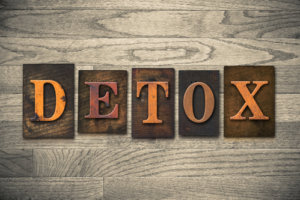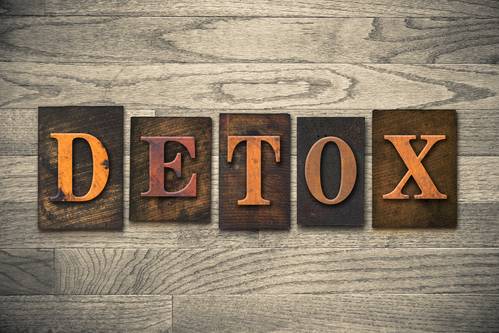 Taking the first steps toward overcoming an opiate addiction can be scary and sometimes confusing. It is important to seek professional help rather than attempting to detox on your own. Each individual experiences different symptoms and responses and no two cases are the same. Here are some things to consider before beginning your cleanse.
Taking the first steps toward overcoming an opiate addiction can be scary and sometimes confusing. It is important to seek professional help rather than attempting to detox on your own. Each individual experiences different symptoms and responses and no two cases are the same. Here are some things to consider before beginning your cleanse.
First, what are these drugs?
Opiates are drugs, both illegal and legal, that alter the brain’s rewards system. The longer an individual uses the higher their tolerance becomes, eventually requiring a higher dosage to feel its effects. This is what can not only lead to an over dose but what makes it more difficult to detox. Some examples are:
What happens when you stop using?
The initial physical reaction to the absence of the substance in the body will vary from person to person. Factors include:
- How long you were using
- What opiate it was
- How often you were you using it
- Your individual health
Withdrawal symptoms can include, but are not limited to:
- Nausea
- Irritability
- Vomiting
- Muscle aches
- Trouble sleeping
- Chills
How will detox help me?
The higher the tolerance you have built the more dependent your body becomes. This makes the detox and withdrawal process difficult. Attempting to detox without professional help can be very problematic and often unsuccessful. A professional facility will help you tackle your physical withdrawal symptoms in a comfortable and safe environment. They can also prescribe medication that lessens the discomfort of withdrawal. Abstaining from drug use is the best way to begin the end of your addiction and they have the proper resources to ensure your success.
What is the process like?
It is important to be open and honest about what drugs you are using to ensure you are getting the right level of treatment. At the beginning of your treatment an intake assessment will be provided to determine the level of drug dependency and proper course of action. Factors such as physical health and preexisting conditions can also alter what treatment is right for you. The detox process should be tailored to each individual and their specific needs. Opiate withdrawal symptoms are typically at their peak during the first 1-3 days while some detox programs may provide assistance for longer. Assistance can include:
- On-site clinical staff to monitor patient health and well-being.
- Prescribed medication to lessen the withdrawal symptoms.
- Outpatient counseling.
- Rehab placement assistance.
What do I do after treatment?
While treatment will help you tackle your physical withdrawal symptoms it is important to follow up with professional counseling to handle the emotional withdrawal that comes next. Although the first week of withdrawal is typically the most intense, additional symptoms of anxiety, insomnia and depression can last for several months. Most addicts choose to seek further assistance through a rehab facility to ensure their success.

